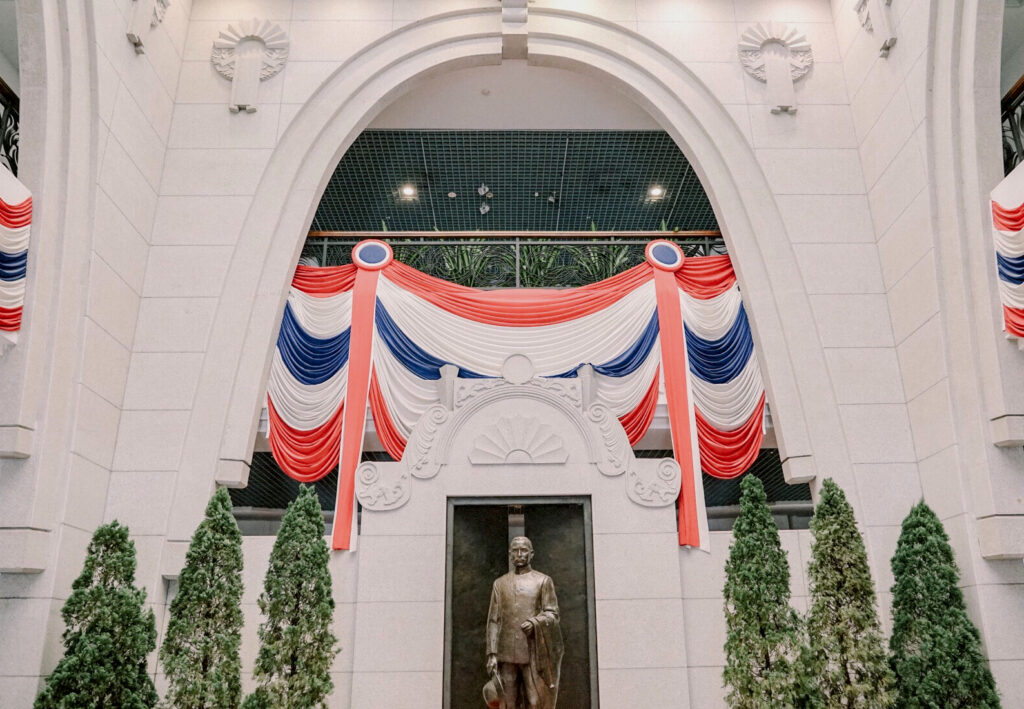
Sun Yat-Sen Museum, Zhongshan, China
The Roots of Revolution in Hawai’i
A brief study of the Revive China Society
on the occasion of the 130th anniversary of its founding
celebrated at the Hawaii State Library
November 23, 2024
The Revive China Society (兴中会, Xīng Zhōng Huì), also known as the Hsing Chung Hui, was a pivotal revolutionary organization founded by Dr. Sun Yat-sen on November 23, 1894, in Honolulu, Hawaii.
This society marked the beginning of organized efforts to overthrow the Qing Dynasty and establish a republic in China.
Founding and Objectives
Established among overseas Chinese in Honolulu, the Revive China Society aimed to “expel the Manchus, restore China, and establish a republic.”
This was the first time such revolutionary ideas were formally presented to the Chinese populace.
Evolution into the Tongmenghui
In 1905, the Revive China Society merged with other revolutionary groups to form the Tongmenghui (同盟会, Tóngménghuì), or the Chinese United League, in Tokyo, Japan.
This consolidation strengthened the revolutionary movement, leading to the successful overthrow of the Qing Dynasty in the 1911 Revolution.
Legacy and Significance
The establishment of the Revive China Society in Honolulu underscores the significant role that overseas Chinese communities played in China’s revolutionary activities. Sun Yat-sen’s time in Hawaii, including his education at Oahu College (now Punahou School), profoundly influenced his revolutionary ideology.
The society’s founding is commemorated as a crucial step toward the formation of modern China, highlighting the global connections and contributions that fueled the nation’s path to republicanism.


